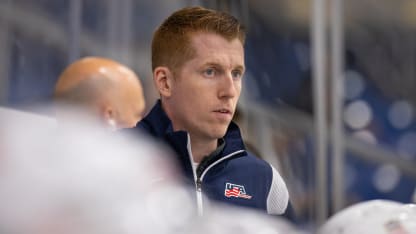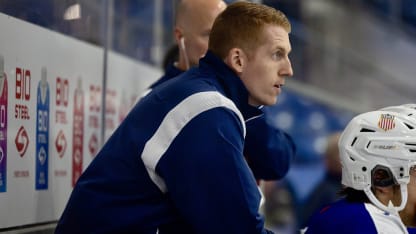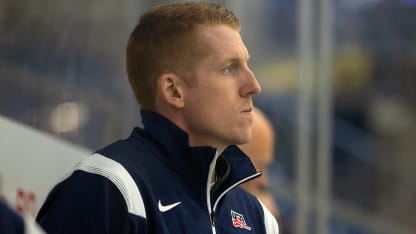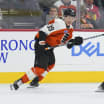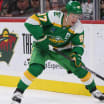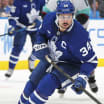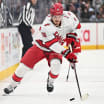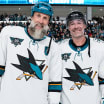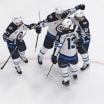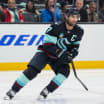The 2024 IIHF World Junior Championship is scheduled in Gothenburg, Sweden, from Dec. 26-Jan. 5. Today, a look at United States coach David Carle:
PLYMOUTH, Mich. -- David Carle is too young to remember the “Miracle on Ice.” The United States upset the Soviet Union 4-3 at the 1980 Lake Placid Olympics nine years before he was born.
Yet he has seen the moment countless times. He can hear it in his head.
“Do you believe in miracles? Yes!”
Growing up in Anchorage, Alaska, Carle and his brother Matt had a VHS tape of the game. Their parents would let them play it on the television in their bedroom, and they would fall asleep to it each night.
Fast forward to today. Carle is coaching the United States at the 2024 IIHF World Junior Championship in Gothenburg, Sweden, leading a national team for the first time. The United States opens against Norway on Tuesday (11 a.m. ET; NHLN, TSN).
Carle still has the tape. He said he debated bringing it to the World Junior selection camp at USA Hockey Arena in Plymouth, Michigan, from Dec. 14-16, but he left it at home, because he figured he wouldn’t be able to play it on anything.
“Yeah, listening to Al Michaels’ call …” Carle said, his voice drifting off, as if replaying the tape in his mind. “We would watch that going to bed. …
“It doesn’t matter when you see it or hear it. It just gives you chills. I don’t know. Makes you proud. As a hockey player, it’s like the pinnacle moment for our country and makes you really proud to be an American.”
So what does coaching the United States mean to Carle?
“When I get asked the question, I guess I just think about the little kid in Anchorage, Alaska,” Carle said. “Would I have ever dreamed or thought of ever having the opportunity as a player or as a coach to wear our colors? No. It’s just so out there. It’s so big of an idea at that age.”
Carle had no idea what was to come, either -- how a heart problem would end his playing career at 18, when he was an NHL prospect and might have had a chance to play for the United States at World Juniors, and how he’d rise quickly as a coach afterward, leading the University of Denver to an NCAA men’s hockey title in 2022.
“Sure, it’s a dream, but it’s hard to even think that it could become a reality, so the fact that it is, yeah, it means a lot,” the 34-year-old said. “I guess that’s what I think about, is just the small town that I came from and all the people that helped me and my brothers and our family, all those things.
“It’s an amazing opportunity and one that means a lot to us.”
